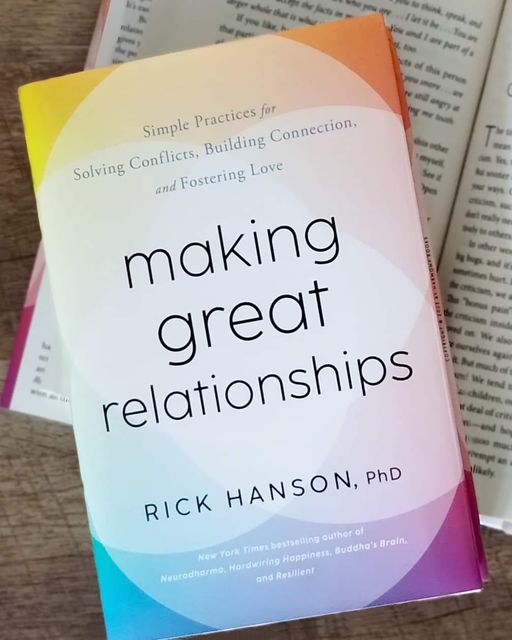Making Great Relationships: Keys to Connection and Success
Building strong, meaningful relationships is essential for personal happiness and professional success. Whether in friendships, family dynamics, or workplace connections, the ability to foster great relationships can lead to a more fulfilling life. Here are some key strategies to help you create and nurture these valuable connections.
1. Effective Communication
Clear and open communication is the foundation of any strong relationship. Practice active listening, where you fully engage with what the other person is saying, and respond thoughtfully. Being honest and expressing your thoughts and feelings can also help build trust and understanding.
2. Empathy and Understanding
Empathy is the ability to understand and share the feelings of others. By putting yourself in someone else’s shoes, you can foster deeper connections and create a supportive environment. Acknowledge their emotions, validate their experiences, and offer your support when needed.
3. Building Trust
Trust is crucial for any lasting relationship. Be reliable and consistent in your actions. Follow through on commitments, maintain confidentiality, and be honest. Over time, these behaviors will strengthen trust and encourage others to be open with you as well.
4. Quality Time
Investing quality time in your relationships is essential. Make an effort to engage in activities together, whether it’s sharing a meal, going for a walk, or having deep conversations. Regularly spending time with others helps solidify bonds and creates lasting memories.
5. Mutual Respect
Respect for each other’s opinions, boundaries, and individuality is vital. Encourage open discussions where differing viewpoints can be expressed without judgment. A relationship built on mutual respect fosters a safe space for both parties to grow and thrive.
6. Conflict Resolution
Conflicts are natural in any relationship, but how you handle them can make a significant difference. Approach disagreements calmly and constructively. Focus on finding solutions rather than assigning blame, and be willing to compromise when necessary. Healthy conflict resolution strengthens relationships rather than weakens them.
7. Express Appreciation
Regularly express gratitude and appreciation for the people in your life. Simple acts of kindness, compliments, and acknowledgment of others’ efforts can go a long way in strengthening bonds. People feel valued when they know their contributions and qualities are recognized.
8. Be Supportive
Being there for others in times of need is a crucial aspect of great relationships. Offer your support during challenging times, whether through listening, providing assistance, or simply being present. This builds a sense of loyalty and reinforces the connection between you.
9. Maintain Boundaries
Healthy relationships require clear boundaries. Understanding and respecting each other’s limits helps prevent misunderstandings and fosters a sense of safety. Be open about your boundaries, and encourage others to express theirs.
10. Invest in Personal Growth
Great relationships thrive when both individuals are committed to personal growth. Encourage each other to pursue interests, learn new skills, and strive for personal development. Supporting one another’s growth creates a dynamic and enriching connection.
Conclusion
Making great relationships is an ongoing process that requires effort, understanding, and commitment. By focusing on effective communication, empathy, trust, quality time, mutual respect, conflict resolution, appreciation, support, boundaries, and personal growth, you can cultivate meaningful connections that enhance both your life and the lives of those around you. Embracing these principles not only enriches your relationships but also contributes to a more fulfilling and connected existence.
